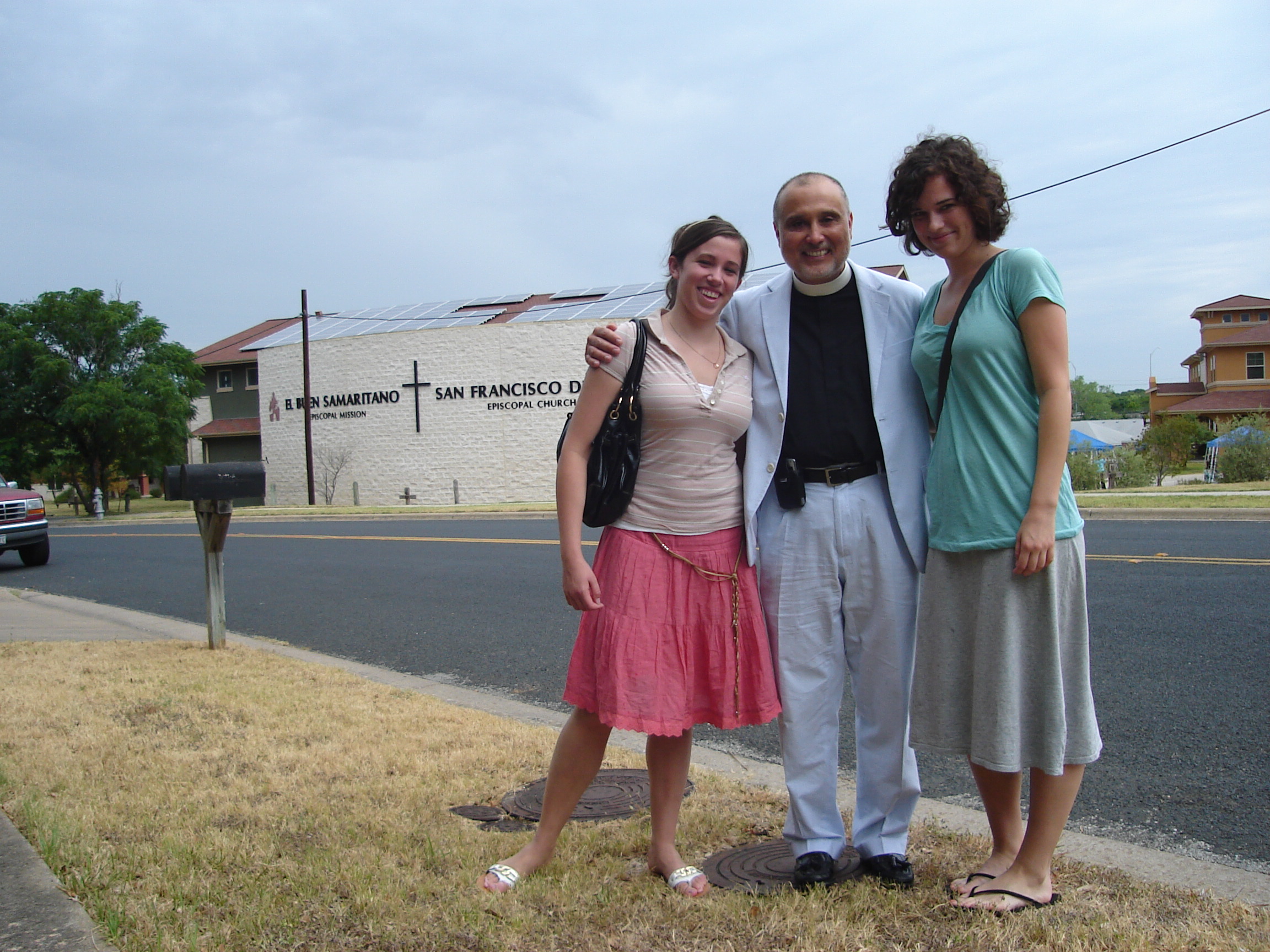 Since the Austin American Statesman published a couple of articles on the less-than-stellar sales of Austin Energy’s Green Choice program, many media outlets have picked up the story and the takeaway message is something like “liberal Austin finds out the hard way that renewable energy is too expensive”. It’s really regrettable that this message is permeating throughout the country because it’s just not true.
Since the Austin American Statesman published a couple of articles on the less-than-stellar sales of Austin Energy’s Green Choice program, many media outlets have picked up the story and the takeaway message is something like “liberal Austin finds out the hard way that renewable energy is too expensive”. It’s really regrettable that this message is permeating throughout the country because it’s just not true.
Austin Energy’s sales of the most recent GreenChoice batch have been low, but I hope that folks will understand that the blame lies not with wind energy itself but some serious underlying problems with the rate structure of this program and the way the energy market is regulated in Texas (hint: it isn’t).
The high cost of GreenChoice highlights the failure of the deregulated market. Consumers are now unfairly burdened with the transmission costs to get wind energy from West Texas to the center of the state. Wind has to pay a toll to drive the power transmission highway, but coal, gas, and nuclear get a free ride. Not all utilities charge similar transmission costs, and in many places that would be factored into the simple cost of doing business, but in Austin consumers are asked to foot that bill. Then there’s the fact that coal, gas, and nuclear power currently have priority on the transmission grid. If the wind can provide 300 MW of energy at a given time and coal can dispatch 300 MW, but there is only room for 400 MW of power to run through the lines, coal gets to move 300 MW and wind can only move 100 MW.
Another problem with Green Choice is that in addition to paying for 100% wind, customers are forced to pay the maintenance and capitol costs to upkeep Austin’s dirty power sources. That just isn’t fair – folks shouldn’t have to pay a premium for clean energy and then be asked to foot the bill for polluters too. Folks argue that GreenChoice customers should pay a portion of the upkeep for traditional dirty power sources when the wind isn’t blowing, but they shouldn’t pay the same *full* capital and maintenance costs that average customers pay. If anything, GreenChoice customers should be offered a pro-rated charge for those costs, so that they only pay the maintenance costs for when they are actually getting power from those dirty sources. Right now, Austin Energy is asking GreenChoice customers to pay an Equal share of maintenance and upkeep for an Unequal share of power – not fair.
Then there’s the fact that Austin Energy got a bad deal on this contract. They bought into a ten year power purchase agreement when natural gas prices, and energy prices in general, were at an all time high (remember $4/gallon gas?).
Austin Energy could easily restructure this program so that it is more affordable. GreenChoice wouldn’t be so expensive if wind was operating on a level playing field with fossil fuels. Austin Energy can make that happen.
 Even though Texas leads the nation in greenhouse gas emissions, Governor Perry balks at making any major stand on producing reliable renewable energy.
Even though Texas leads the nation in greenhouse gas emissions, Governor Perry balks at making any major stand on producing reliable renewable energy. For your Earth Day enjoyment, Public Citizen, Sierra Club, and Environmental Defense have written a joint Op-Ed that has been published in both the Austin American Statesman & the Houston Chronicle. So on this day of celebration,
For your Earth Day enjoyment, Public Citizen, Sierra Club, and Environmental Defense have written a joint Op-Ed that has been published in both the Austin American Statesman & the Houston Chronicle. So on this day of celebration, 





